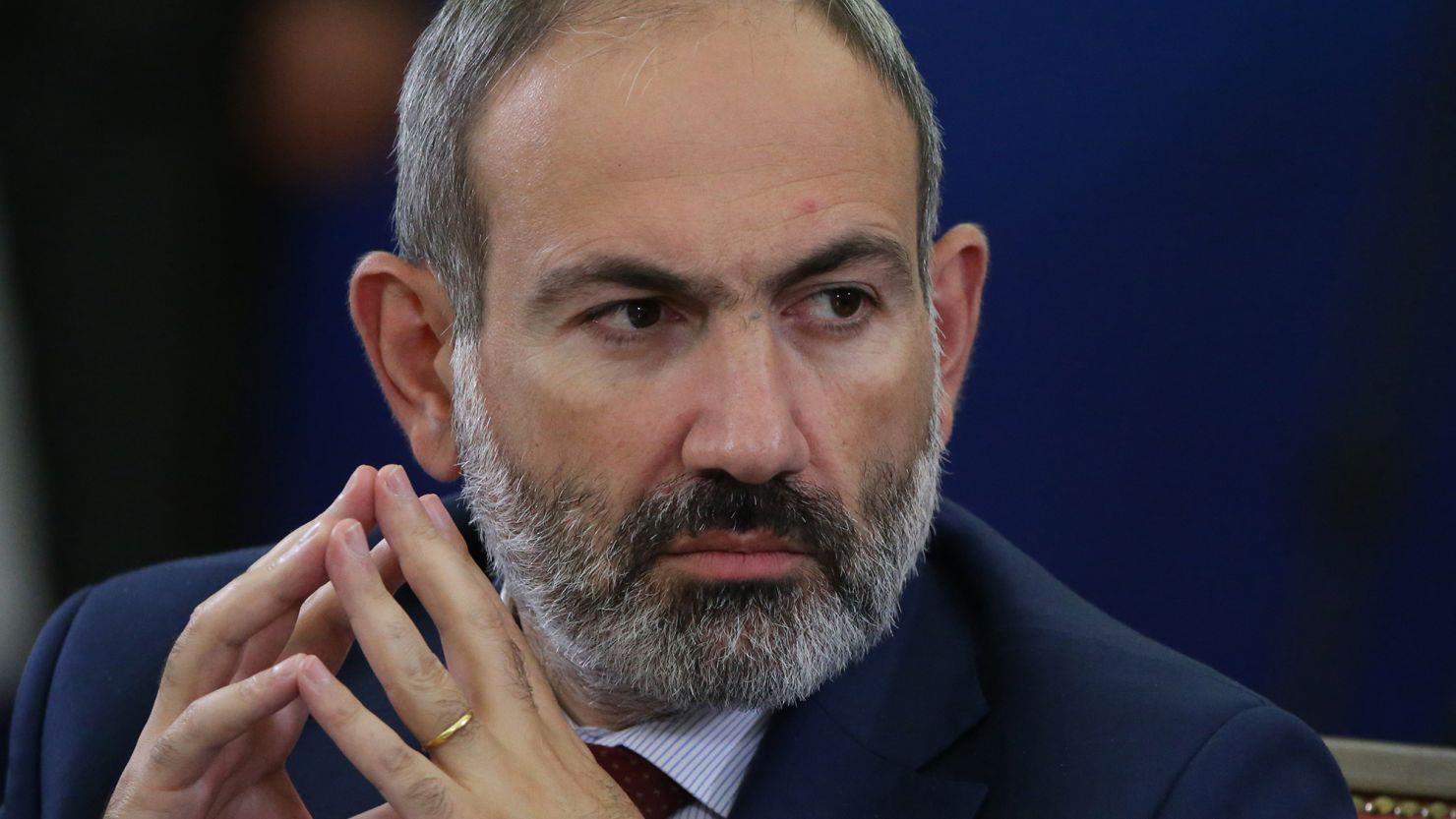Armenian PM Highlights Need For Vigilance In Sustaining Peace With Azerbaijan, Calls November 2020 Accord Outdated
Armenian Prime Minister Nikol Pashinyan has underscored the importance of safeguarding the peace established between Armenia and Azerbaijan, cautioning that normalization of relations does not imply the absence of disputes or unresolved issues, Azernews reports.
Speaking at a press briefing, Pashinyan emphasized that while diplomatic progress has been made, continued effort and restraint are essential to maintain stability in the region.
"Yes, peace has been established, but that doesn't mean we have no questions or unresolved problems. But peace must be preserved," he said.
The remarks come after the historic Washington summit on August 8, hosted by US President Donald Trump, where Azerbaijani President Ilham Aliyev and Armenian Prime Minister Nikol Pashinyan endorsed a Joint Declaration. The seven-point framework highlighted sovereignty, territorial integrity, and the renunciation of force as guiding principles for peace.
At the summit, foreign ministers from both nations also initialled a draft“Agreement on Establishment of Peace and Inter-State Relations between Azerbaijan and Armenia”, in the presence of Trump, Aliyev, and Pashinyan. A centerpiece of this agreement is the creation of the“Trump Route for International Peace and Prosperity” (TRIPP), also known as the Zangazur Corridor - a transit passage through Armenia connecting mainland Azerbaijan with its Nakhchivan exclave.
Pashinyan, however, has officially dismissed the relevance of the trilateral statement signed on November 10, 2020, declaring it outdated and no longer reflective of the current political landscape.
“Returning to the trilateral agreement of November 10, 2020, no longer makes sense, as the document belongs to the past,” Pashinyan stated.
The Prime Minister insisted that a new chapter in Armenia-Azerbaijan relations began on August 8, 2025, with the formal establishment of peace. Yet he criticized domestic opposition forces for rejecting the agreements, describing their initial reaction as denial followed by obstruction.
“In the immediate aftermath - August 9, 10, 11, and 12 - the opposition was in a state of shock. By August 13, it had already begun actively opposing the agreements,” Pashinyan noted.
Reaffirming his own political responsibility, Pashinyan stressed that peace must be defended as a national duty.
“I consider it my duty to protect the established peace,” he said, adding that he is prepared to engage directly with the public to address concerns or misunderstandings regarding the new reality.
Legal Disclaimer:
MENAFN provides the
information “as is” without warranty of any kind. We do not accept
any responsibility or liability for the accuracy, content, images,
videos, licenses, completeness, legality, or reliability of the information
contained in this article. If you have any complaints or copyright
issues related to this article, kindly contact the provider above.
Most popular stories
Market Research

- Invromining Expands Multi-Asset Mining Platform, Launches New AI-Driven Infrastructure
- Superconducting Materials Market Size, Trends, Global Industry Overview, Growth And Forecast 2025-2033
- United States Lubricants Market Growth Opportunities & Share Dynamics 20252033
- Building Automation System Market Size, Industry Overview, Latest Insights And Forecast 2025-2033
- Brazil Edtech Market Size, Share, Trends, And Forecast 2025-2033
- Australia Automotive Market Size, Share, Trends, Growth And Opportunity Analysis 2025-2033






















Comments
No comment